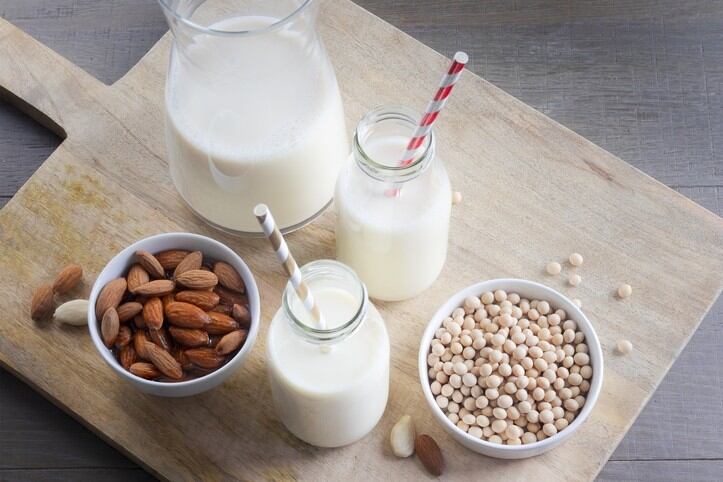Health and wellness has been an overall underlying guiding trend for food and beverage innovation in this region over the past few years, and its popularity has led to the emergence of multiple ‘spin-off’ trends, that also fall within this – such as the use of tea and botanicals as components in more and more products.
This has gone beyond the more basic health trends such as sugar reduction into more specific flavours and aromas, although this does not mean that the former has lapsed in importance, according to industry experts.
“Lower sugar will always be an important consideration in product innovation, as it is the first aspect to hit the tongue and still remains a challenge for many brands as there can be no one-size-fits-all solution,” KH Roberts Group Commercial Director Tan Pok Kiam told FoodNavigator-Asia at the recent Fi Asia 2023 show in Thailand.
“But beyond this, today we are also seeing that there is a strong trend for tea-based products across multiple formats here in APAC, a trend that has been gaining in traction since the COVID-19 pandemic hit.
“Even before the pandemic, many brands were rolling out tea products as part of their portfolios, from jasmine green teas to black teas to fruit teas and more – but tea as a base does not need to be limited to drinks alone.
“For instance, we have developed a range of functional jellies and some of these use tea as a base – all that is needed is to find those complementary aromas and flavours that will relay that sense of refreshment without the need to add any sugar to it, and for us one example has been to use rose as a complement.”
He added that the rise of tea as a base flavour has been parallel to the popularity surge for botanical flavours, and this could be due to the fact that botanicals do complement tea bases well.
“A lot of innovation has been centred around these flavours, and the trend has seen many botanicals come to the forefront as good, strong, refreshing options,” Tan said.
“Apart from more well-known options such as rose, we are seeing things like orchid and hibiscus handle their own very well too.
“Botanicals also have the advantage of being plant-derived and already well-received in beverages and many other product categories, so can also be defined as part of any plant-based product development.”
Plant-based – but not meat
That said, Tan highlighted that he believes the current growth potential for plant-based products lies in beverages and dairy alternatives, not the meat alternatives sector as has seen the most traction so far.
“Plant-based meat is undoubtedly very challenging, it requires a lot of change and expenses and increased costs for processing, not to mention thus far the pricing has not met consumer expectations so acceptance and popularity has not reached the heights previously predicted,” he said.
“But for plant-based beverages and dairy alternatives, there has been growth and an upwards trend here so we do see a lot of potential – not to mention the costs to branch out here are not as strenuous for manufacturers, as it requires less CAPEX strain and just changing from dairy to alternative ingredients.
“The key to success here will be in getting the taste right as some of the most common ingredients in Asia like soy, pea and wheat all have off-notes that need to be masked and/or removed – this comes down to formulation on a case-by-case basis currently, but once that hurdle is past, plant-based milk will be able to shine.”





